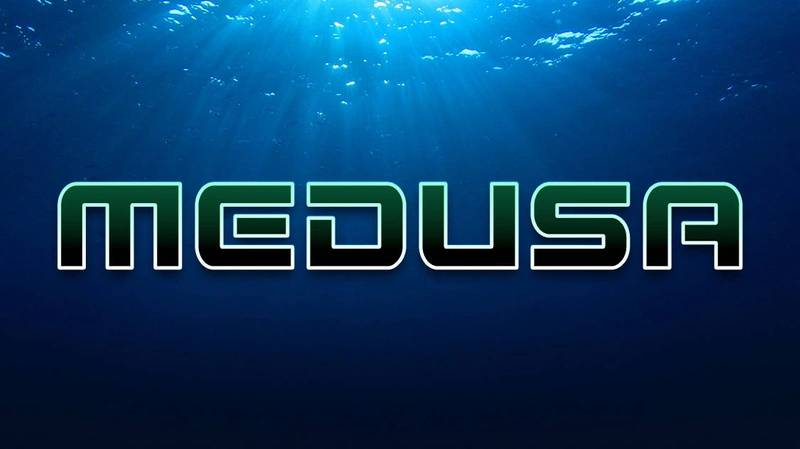General Dynamics Mission Systems to Develop Clandestine Mine Delivery System
General Dynamics Mission Systems has been awarded a $15.9 million contract by the U.S. Navy to develop its Mining Expendable Delivery Unmanned Submarine Asset (MEDUSA) system.
MEDUSA is a tactical, clandestine mining system using an expendable Unmanned Underwater Vehicle (UUV) that can be launched from a submarine torpedo tube. The U.S. Navy is developing MEDUSA to address the need for an advanced maritime mining system with long-range offensive mining capabilities.

The scope of the newly awarded research and development effort includes the design, fabrication, and testing of the MEDUSA prototypes and associated risk reduction activities.
This contract includes options for prototype production and support that, if exercised, would bring the total value of the contract to $58.1 million.
Design work on this contract will be performed in Quincy and Taunton, Massachusetts; Fairfax and Manassas, Virginia; Scottsdale, Arizona; Middletown, Rhode Island and Greensboro, North Carolina and is expected to be completed by September 2026.
“The critical operational need for advanced mine warfare assets like MEDUSA has increased dramatically,” said Dr. Laura Hooks, vice president and general manager of the Maritime and Strategic Systems business at General Dynamics Mission Systems.
“By leveraging our mature Bluefin Robotics unmanned underwater vehicle platforms, submarine platform integration experience, and our expertise in launching various torpedoes and payloads from submarines, General Dynamics Mission Systems will provide exceptional capability, military utility, and mission reliability to MEDUSA operators.”
Related News


